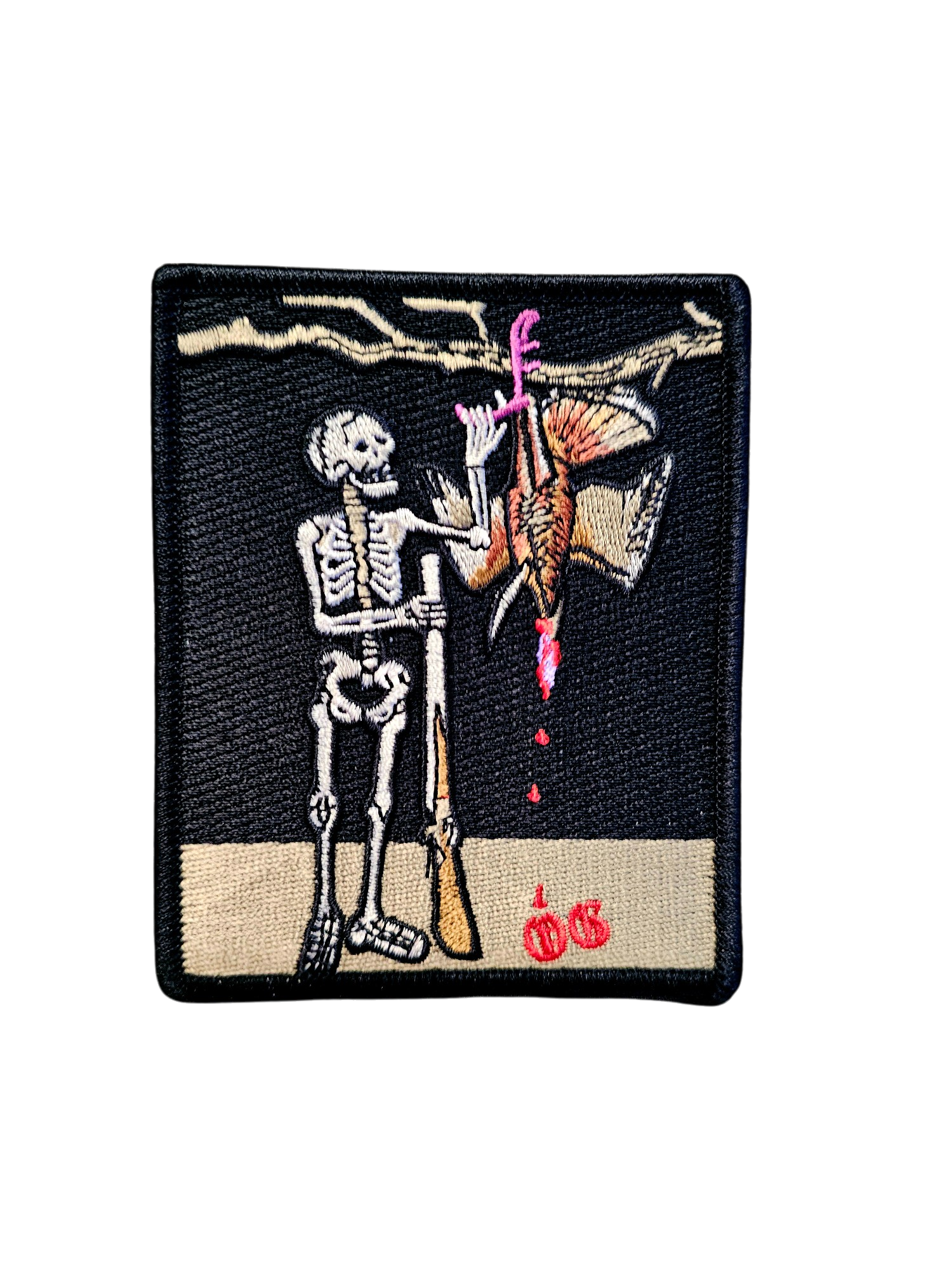        |
Trying to Learn from beginner mistakes in the woodsStarted by COMerriamNovice, May 10, 2019, 06:54:30 PM Previous topic - Next topic
User actions
|
        |
Trying to Learn from beginner mistakes in the woodsStarted by COMerriamNovice, May 10, 2019, 06:54:30 PM Previous topic - Next topic
User actions
|